DESENVOLVIMENTO DE HARD E SOFT SKILLS COM METODOLOGIAS ATIVAS NAS DISCIPLINAS DA COMPETÊNCIA DE ESPECIFICAÇÃO DE SOLUÇÕES COMPUTACIONAIS
INTRODUCTION: The market for Information Technology professionals has been suffering from a shortage of qualified labor. At the same time, we can observe changes in the professional profiles necessary in the 21st century. This shortage is believed to be due to traditional learning methodologies’ insufficiency in training students for this new profile. One of the ways to transform the way content is presented to students is using active learning methodologies, which our previous research shows are more efficient in training skills such as adaptability, communication, decision-making, conflict management, collaboration, commitment, and teamwork. AIMS: Our overall objective is to investigate how hard and soft skills are developed in the education of Software Engineering professionals through competency-oriented curricula and active learning methodologies, focusing on the disciplines related to the competency of computer systems specification. MATERIALS AND METHODS: This research was conducted as a case study carried out through semi-structured interviews with faculty members who use active learning methodologies in their teaching processes to develop hard and soft skills in courses related to the competency of computer systems specification. RESULTS: Our findings indicate that when educational institutions endorse and promote active learning methods among their educators, it enhances the teachers’ support programs and cultivates an environment conducive to their growth. Adopting active learning methods resulted in mutual benefits for teachers and students. Educators were equipped with improved tools to identify learning gaps in students, allowing them to tailor their lessons to meet the specific needs of the students. This approach, in turn, led to improved academic performance, increased student engagement, and the development of essential skills. FINAL CONSIDERATIONS: In conclusion, it is possible to observe that active learning methodologies significantly contribute to developing skills required by 21st-century software engineering professionals. This creates a space where students can better develop the soft skills needed without hindering hard skills development.
KEYWORDS: Active learning methodologies; Hard and Soft Skills; Specification of Computational Solutions; Software Engineering Education; Case Study.




